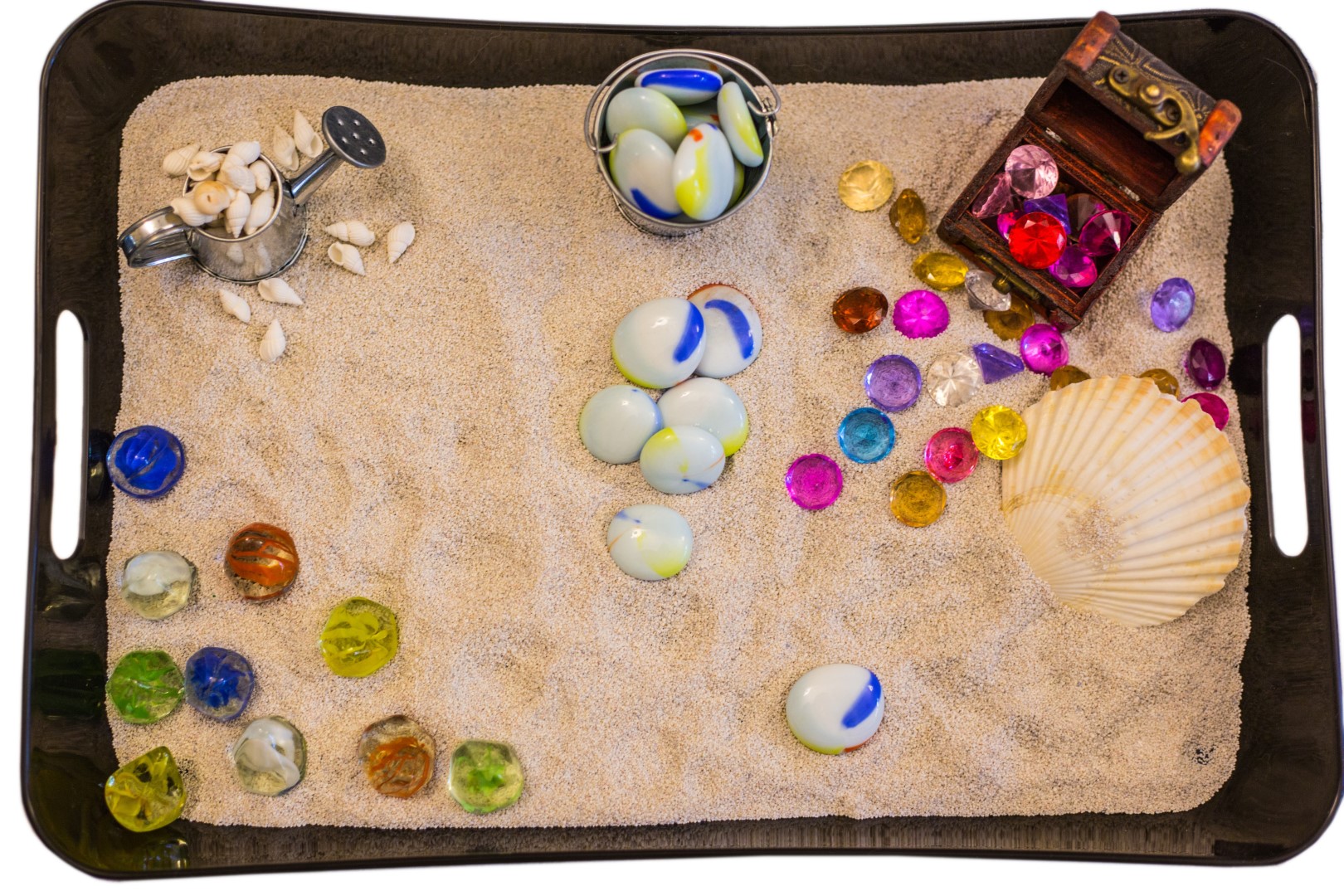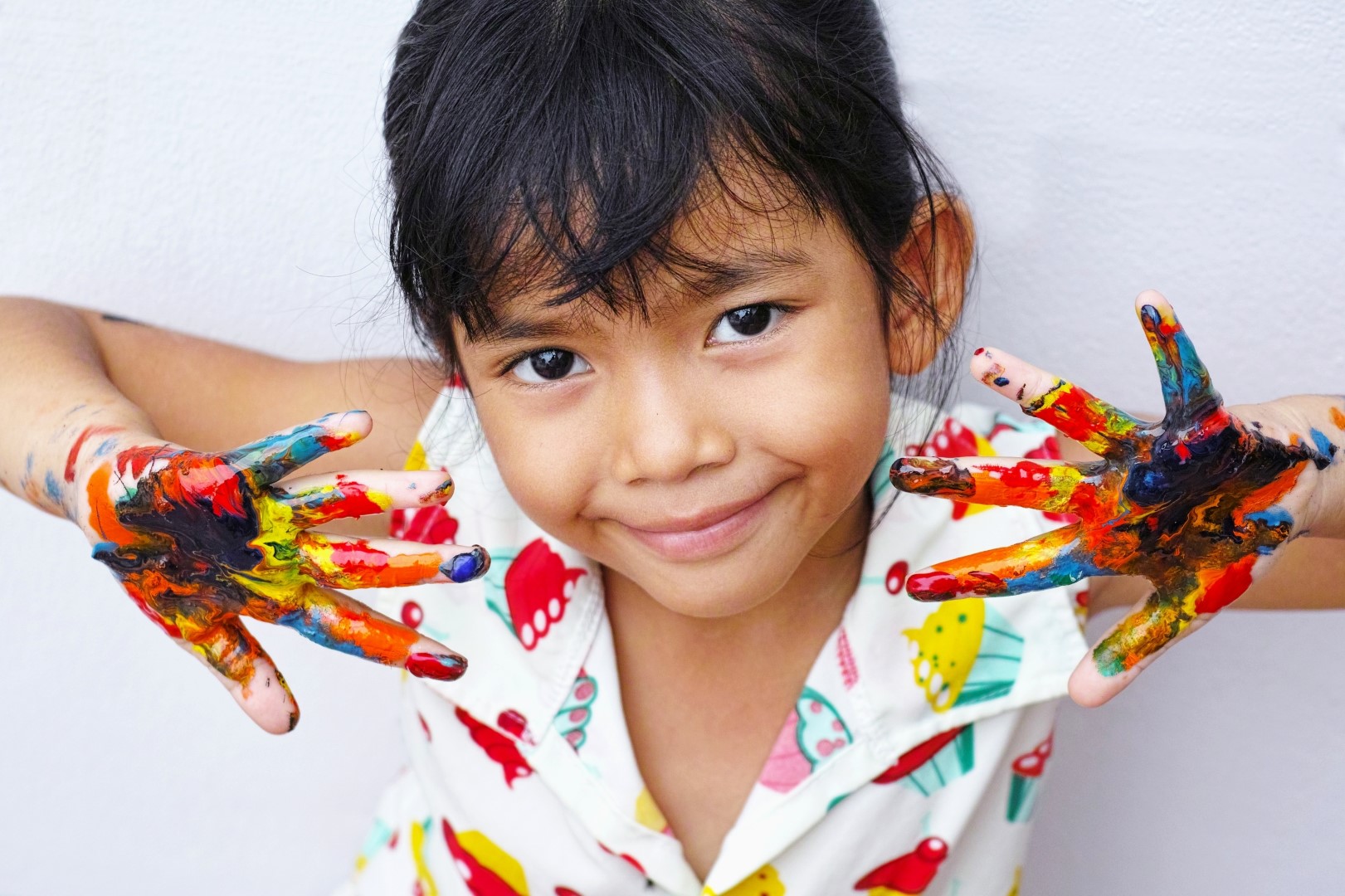Play Therapy
Play is the child’s natural way of communicating their needs and is vital to their social, emotional, cognitive, physical, creative and language development.
Request a Callback
“It is in playing and perhaps only in playing, that the child is free to be creative”
Donald Woods Winnicott
Play Therapy is supported in the literature as an effective form of counselling and psychotherapy which is underpinned by the developmental and healing properties of play.
In play therapy, children can “play out” their feelings, thoughts and experiences using a range of toys, each of which have therapeutic value. In the safety of the therapeutic relationship and through the child’s language of play they learn emotional regulation skills, build new social skills and develop healthy coping strategies.
Play provides a safe psychological distance from their problems and allows expression of thoughts and feelings appropriate to their development.

“Play Therapy is founded on a number of theoretical models whereby the trained play therapist utilises the power of play, within a therapeutic relationship, to relieve suffering, prevent or resolve emotional and behavioural difficulties and to achieve optimal growth and development of children (or older individuals).”





